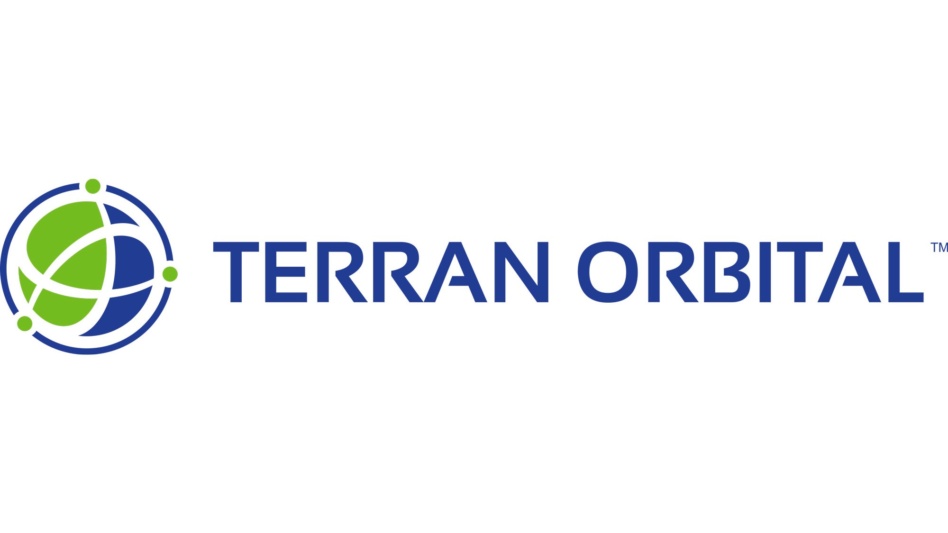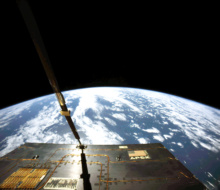Last week, Terran Orbital ($LLAP) announced that Lockheed Martin ($LMT) had invested $100M into the business, upping the prime’s stake from 9.4% to 33.5%. Yesterday, Terran released its Q3 results, giving us a closer look into how the business is doing.
The business outlook
Last quarter, Terran Orbital brought in $27.8M in revenue, higher than any quarter previously, but faced net losses of $27.4M. Other key numbers from Q3 2022:
- Backlog = $198M
- Adj. EBITDA = -$13.9M
- Cash on hand = $35.8M
- Gross debt obligations = $202M
Behind the scenes, Terran has been hiring and scaling its manufacturing in Irvine, CA, growing its staff to more than 440 employees, ~78% higher than its workforce at the beginning of 2022. “We’ve been growing by leaps and bounds,” Terran Orbital CEO Marc Bell told Payload.
Changes in motion
The plan at Terran Orbital looks pretty different than it did a few months ago.
Goodbye, PredaSAR…The company scrapped plans to launch its own 96-satellite synthetic aperture radar (SAR) constellation. Now, it will focus on selling SAR satellites, rather than operating any in house.
“After the conflict started in Ukraine, we started getting lots of calls. People are interested in [SAR] and we decided, you know, we don’t want to compete with our customers,” Bell said. “We decided it was better for us to work with our customers and sell them satellites than to own a constellation.”
The company has seen interest in these satellites from allied governments that previously relied on American SAR assets, but now want to own those capabilities themselves. “Our total addressable market has gone up dramatically,” Bell said.
The first PredaSAR constellation launch had been slated for the first half of 2023. The company is looking into the potential to keep that launch on the books, on behalf of an as-yet-unnamed customer.
Goodbye, Florida…Terran Orbital’s plan to construct a 660,000 sq ft manufacturing facility in Florida is also a thing of the past. Bell says the decision came down to timing. The Florida facility would have taken three years to build. Leasing more space and ramping production in Irvine, CA, where Terran’s manufacturing is already based, was a more enticing and expeditious proposition.
In the past 12 months, the company has rented out an additional 140,000 sq ft, and is planning to open another facility in Irvine in 2023.
And hello, Lockheed…Most of Terran’s backlog right now points straight to its contract through Lockheed to build 10 Tranche 0 and 42 Tranche 1 satellites for the Space Development Agency’s (SDA) distributed LEO communications network. Lockheed’s $100M investment and thirteen-year strategic cooperation agreement will expand Terran Orbital’s access to government contracts and deepen ties between the two firms.
Despite the deepened ties with a prime, Bell still says Terran is the last independent satellite bus manufacturer on the market. That affords freedom to take on projects that its competition can’t.
“I’ve been very lucky that all my competitors have been acquired,” Bell said. “Millennium got acquired by Boeing, Blue Canyon got acquired by Raytheon, and York Space was the last one left and got acquired by AE Industrial. So we’re the last independent one left.”




